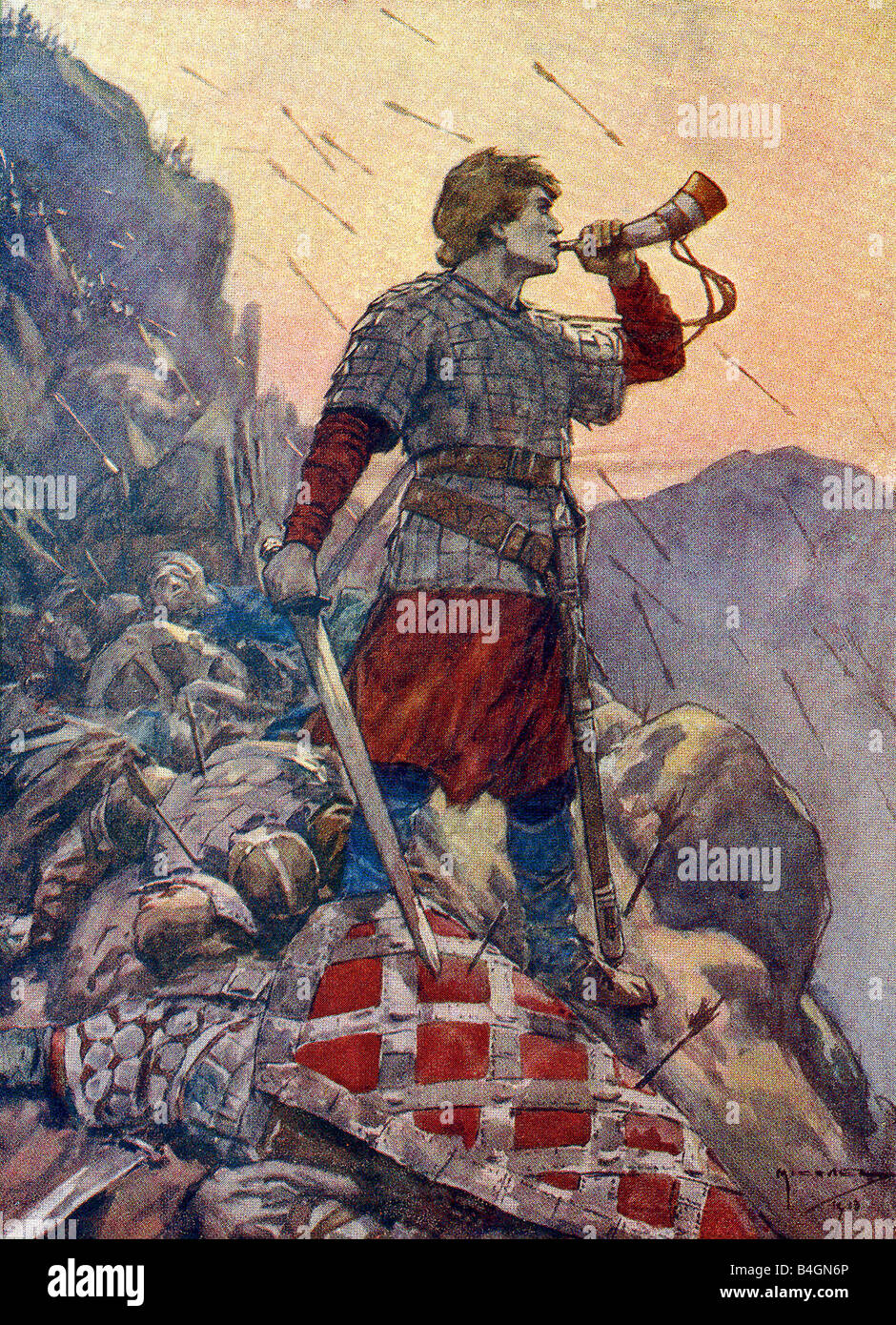


This work has been selected by scholars as being culturally i. Wind will rush in from the sea, down the passes: the memory of a blade.Īnd the stone, pieces fitted, will catch the lamp's flame in the sun. La Chanson de Roland Unknown with Jean Dufournet (Translator) 450 pages first pub 1040 ISBN/UID: 9782080705549. Read 797 reviews from the world's largest community for readers. With great strain, she will take the heavy halves in her hands and pray. Next, they will remark upon its whiteness, and someone in the company who cannot dig, but who is there because she knows the words, will say that west and slightly south lies a tomb carved of the same brightness: a sarcophagus for two, unsplit and unopened. One day, when a team of scholars with tools pries it from shady, earthy oblivion, they will remark upon its brokenness in hushed, hopeful tones. It lies buried beneath the trees, cracked, its two halves barely touching.

Even to those who have not read it, the Roland epitomizes 'une certaine idée de la France', the evocative phrase with which de Gaulle characterized the roots of his political outlook and which has been borrowed ever since (not always without irony) to express patriotic attachment to a romantic conception of France. Since then the Roland has been invoked in wartime to symbolize and galvanize French resistance during the siege of Paris in 1870 the great medievalist Gaston Paris lectured at the Collège de France on ' La Chanson de Roland et la nationalité française', and Raoul Mortier published clandestinely all the extant French Roland versions under the Occupation in 1940-4. Nineteenth-century antiquarians seeking a national epic which would be to France what the Iliad was to Greece - at once a glorious military legend, an exposition of core ethical values and a great literary production from its finest political and cultural moment - directed their energies to discovering a Song of Roland. The Song of Roland functions as what Pierre Nora terms a lieu de mémoire: 'any significant entity, whether material or non-material in nature, which by dint of human will or the work of time has become a symbolic element of the memorial heritage of any community (in this case, the French community)'.


 0 kommentar(er)
0 kommentar(er)
